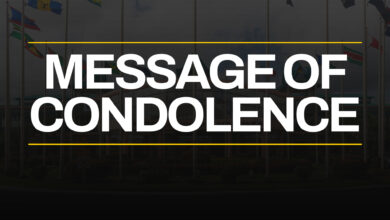PORT OF SPAIN, Trinidad – The World Bank, under the leadership of President Jim Yong Kim, has focused attention on the ambitious and demanding work to eliminate extreme poverty in the world’s population by 2030 and to increase the income of the poorest 40 per cent in order to promote shared prosperity. It may sound bold, but it is possible in Latin America and the Caribbean. The region has already made significant progress in poverty reduction and the governments and economies have evolved considerably, taking the political, social and economic steps necessary to achieve them. Improving opportunities for the less fortunate has become a priority of all governments in spite of their political bent. Preliminary data for 2011 indicate that 13.3 per cent of the population lived on US$2.50 or less per day, the income threshold used by the World Bank to determine the extreme poverty in the region. This figure represents a reduction of almost 50 per cent in a decade. If this feat is repeated over the next decade, the elimination of extreme poverty will be realized even sooner than the 2030 timeline projected by President Kim.
Undoubtedly the governments of LAC have much more to do for the bulk of its population living as moderately poor (17 per cent) or vulnerable (35 per cent). The vulnerable earn more than the poor but they lack the economic security of the middle class. It is for these segments that shared prosperity is extremely critical. This view – backed by global financial authorities in recent spring meetings of the World Bank and the IMF has led the Bank to focus on the improved provision for 40 per cent of the world population with lower incomes. This means ensuring better access to basic services like education and health.
MemberNewsTrinidad and Tobago





